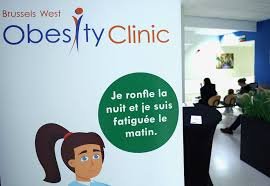Carrots have long been associated with the idea of improving night vision due to their vitamin A content, specifically retinol. While there is some truth to this notion, it’s important to dispel the myth that consuming carrots will give you superhuman night vision.
The belief that carrots enhance night vision gained popularity during World War II. To safeguard the secrecy of Britain’s use of radar technology to intercept bombers during nighttime raids, British authorities issued press releases claiming that their pilots had exceptional night vision thanks to a diet rich in carrots. This clever ruse fooled both the British public and the German military, leading to the creation of an enduring old wives’ tale.
Carrots do indeed contain beta-carotene, a precursor to vitamin A, which plays a vital role in maintaining good eye health. A deficiency in vitamin A can lead to night blindness, a condition characterized by difficulty seeing in low-light conditions.
However, it’s essential to understand that munching on carrots alone won’t suddenly grant you the ability to see in the dark like a superhero. Your night vision depends on a combination of factors, including the overall health of your eyes, an adequate intake of vitamin A, and the proper functioning of the retinal cells responsible for detecting light.
While carrots can contribute to your overall eye health and help prevent vitamin A deficiency, they are not the sole solution. Other foods like leafy greens, sweet potatoes, and liver also provide vitamin A or its precursors.
Maintaining good vision requires more than just including carrots in your diet. It involves adopting a balanced diet and practicing overall health and eye care. So, in conclusion, while carrots and vitamin A are crucial for eye health, they won’t magically turn you into a night vision superhero. Optimal vision is best achieved through a well-rounded approach to diet and eye care.



